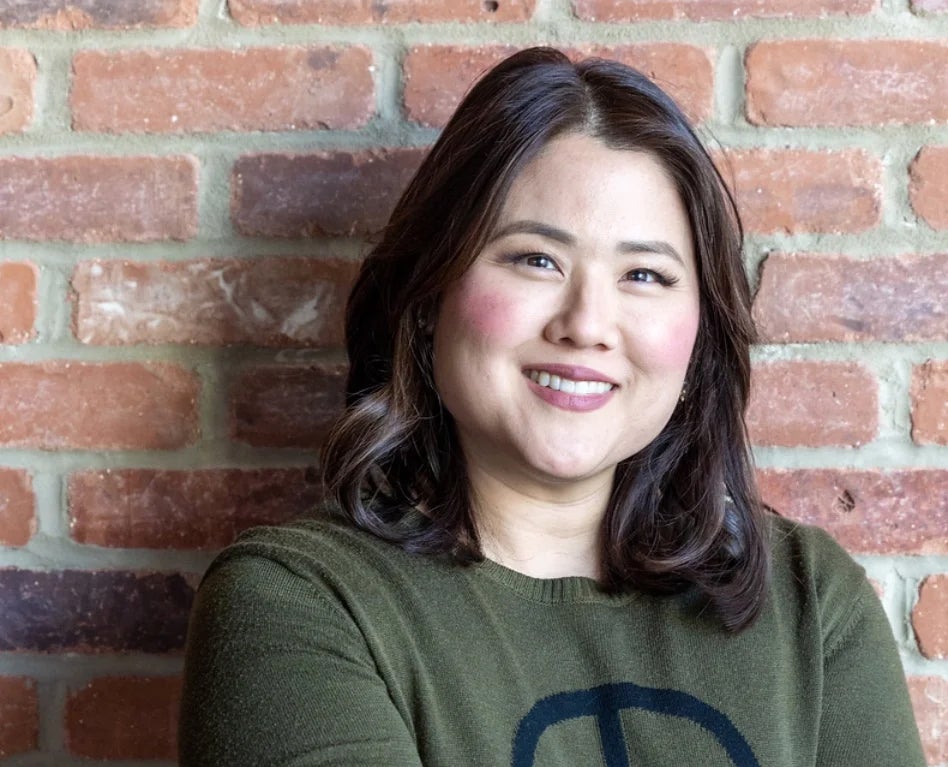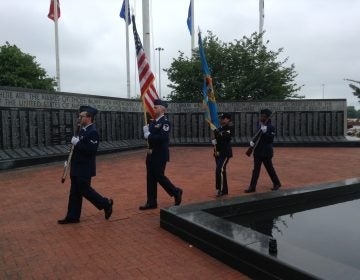Veterans learn watchmaking in Delaware
Classes are underway teaching a handful of veterans horology, which is the art of making watches.
Classes are underway teaching a handful of veterans horology, which is the art of making watches.
After more than seven years of planning and hard work, the Veterans Watchmaker Initiative opened the doors to its Odessa School for Horological Excellence in September.
The school is one of eight watchmaking schools in the country, but the only one exclusively for veterans.
Currently, there are six veterans in Veterans Watchmaker Initiative Founder Sam Cannan’s inaugural class.

“I tell them sometimes I say, ‘You know when you joined the Army, you joined the Air Force, Marines, whatever, they told you, you were a highly elite professional, very small cadre of people.’ I say, ‘Well, I have news for you. You are back. You are a highly-trained professional, in a highly-professional cadre of people that amount to 1/100 of 1 percent,’” Cannan said.
The veterans are learning all about battery-powered quartz watches in this six-week course. The majority of watches sold today use quartz technology.
“We go into the details of how it functions, why it functions, we look at the electronics, the electromagnetism aspects, we teach them how to diagnose a movement, how to diagnose a circuit board,” Cannan said, adding eventually his students will learn how to replace watch crystals, reassemble the wheels inside and make the watch work like new again.
Next year, Cannan, a Swiss-trained master watchmaker, plans to start the 16-month course focused on the more complex mechanical watches. The more expensive luxury watches are spring-driven and require routine service and repair.
According to the American Watchmakers-Clockmakers Institute (AWCI) in Ohio, the backlog on repairs for luxury timepieces runs anywhere from three months to two years because there are simply not enough watchmakers in the country.
“Currently, there are probably around 4,000 watchmakers in the United States, down from 40,000 in the late 60s,” said Jordan Ficklin, executive director of AWCI. “And each year, close to 400 of those are retiring and less than 100 are entering the profession as new watchmakers.”
The shortage began in the 80s, when quartz watches first hit the market. Luxury watch production took a hit and so did the need for watchmakers. But then there was this huge resurgence of mechanicals starting in the 90s, and demand continues to grow. From the Swiss alone, mechanical watch exports skyrocketed 181 percent from 2000 to 2016.
“So a watchmaker who comes out of a school with a certification will have no trouble finding work,” Ficklin said. “A certified watchmaker is going to start somewhere between $40- and $50-thousand a year.”
Cannan said veterans make exceptional watchmakers because of the discipline and dedication picked up in the military.
“These people will walk into gunfire, they’re that dedicated. All you’re doing is taking that energy, and transferring it to a different area, something they can do,” Cannan said.
Injuries and the effects of PTSD prematurely ended the majority of Cannan’s students’ military careers.
Student Giancarlo LaRusso served four years with the Marines. He was infantry, deployed to Iraq in 2005, was honorably discharged and later diagnosed with PTSD.
“After getting out is really when things set in. The whole thing, not liking crowds, not liking meeting new people or anything like that, sometimes nightmares, you wake up, you hear things, irritability,” LaRusso said.
Research has shown watchmaking can be therapeutic, particularly for those suffering from PTSD. Watchmaking is a quiet, solitary profession where you can work at your own pace without any pressure.
“From day one, and all we were doing was resharpening tweezers, I could see myself getting into it. And sure enough, now that we’re diving into movements for quartz watches, I zone in on the work. I’m in this tiny little world, with my loupe, and taking it apart and seeing everything that’s in there,” LaRusso said. “Time goes by, it’s an 8-hour day and the next thing you know, it’s over with. And I can’t wait to get back in here every day.”

Cannan can’t take all of the credit for the Veterans Watchmaker Initiative. The Bulova School of Watchmaking trained an entire generation of disabled World War II vets before closing in 1993. Now, Cannan will train the next.
The next phase is to open the Initiative’s permanent facility in Middletown. Plans are to open a 28,000 square foot campus where students can live in dorms, eat and learn watchmaking all in one place.
WHYY is your source for fact-based, in-depth journalism and information. As a nonprofit organization, we rely on financial support from readers like you. Please give today.





